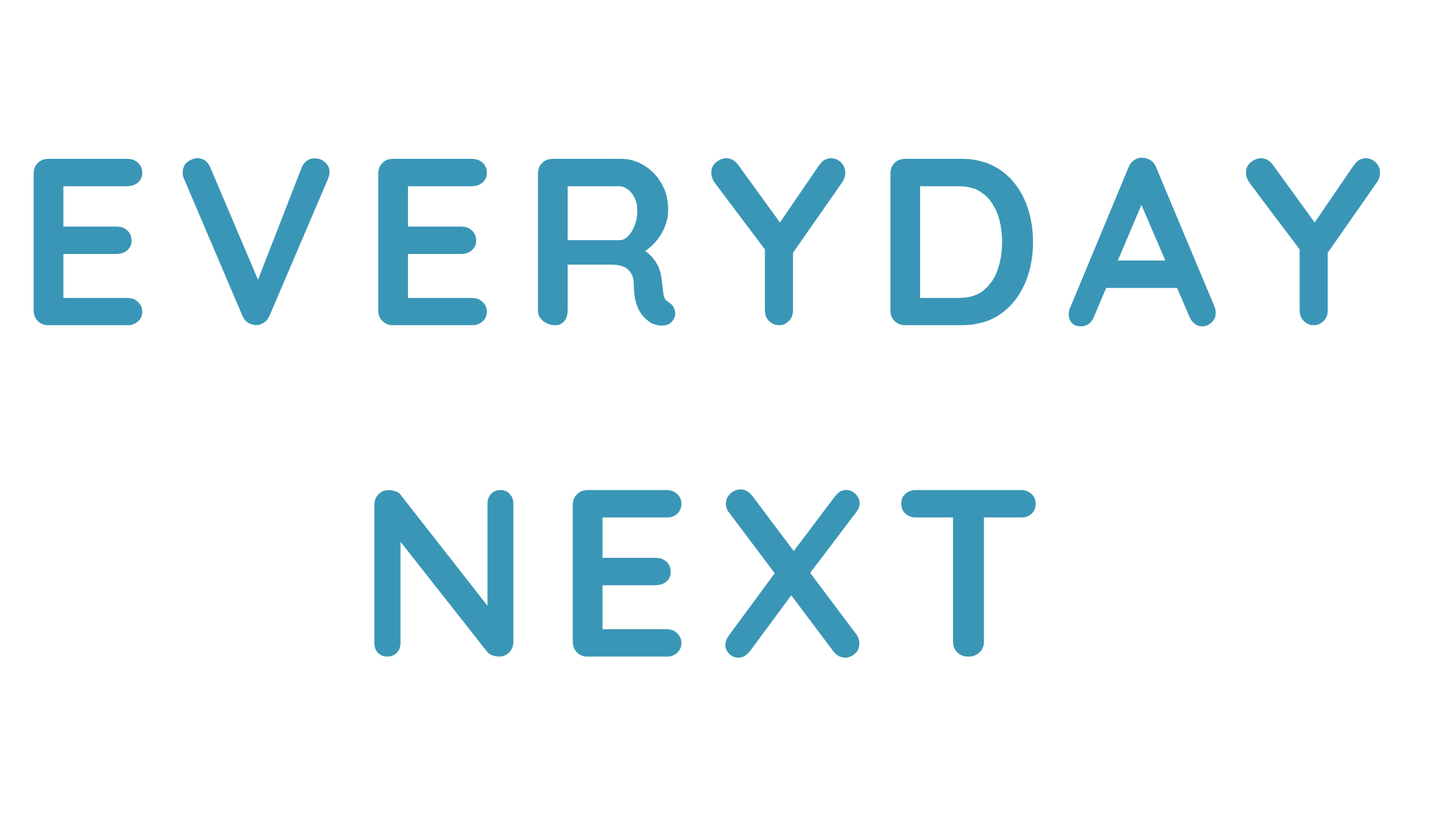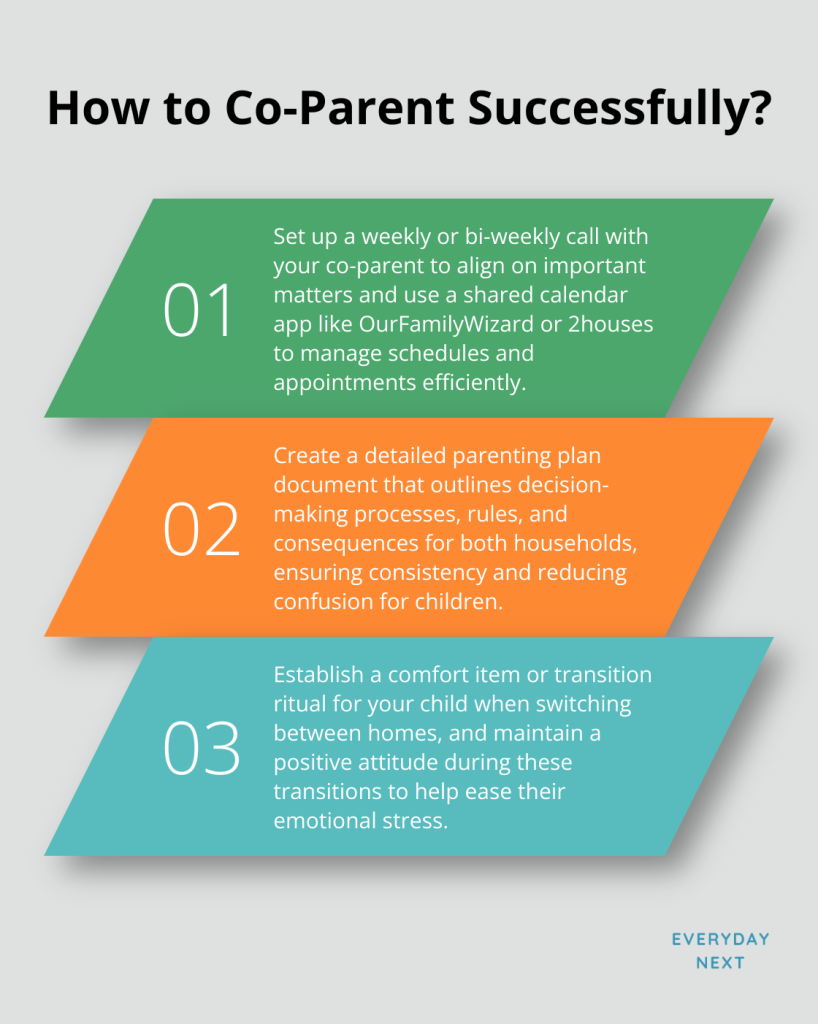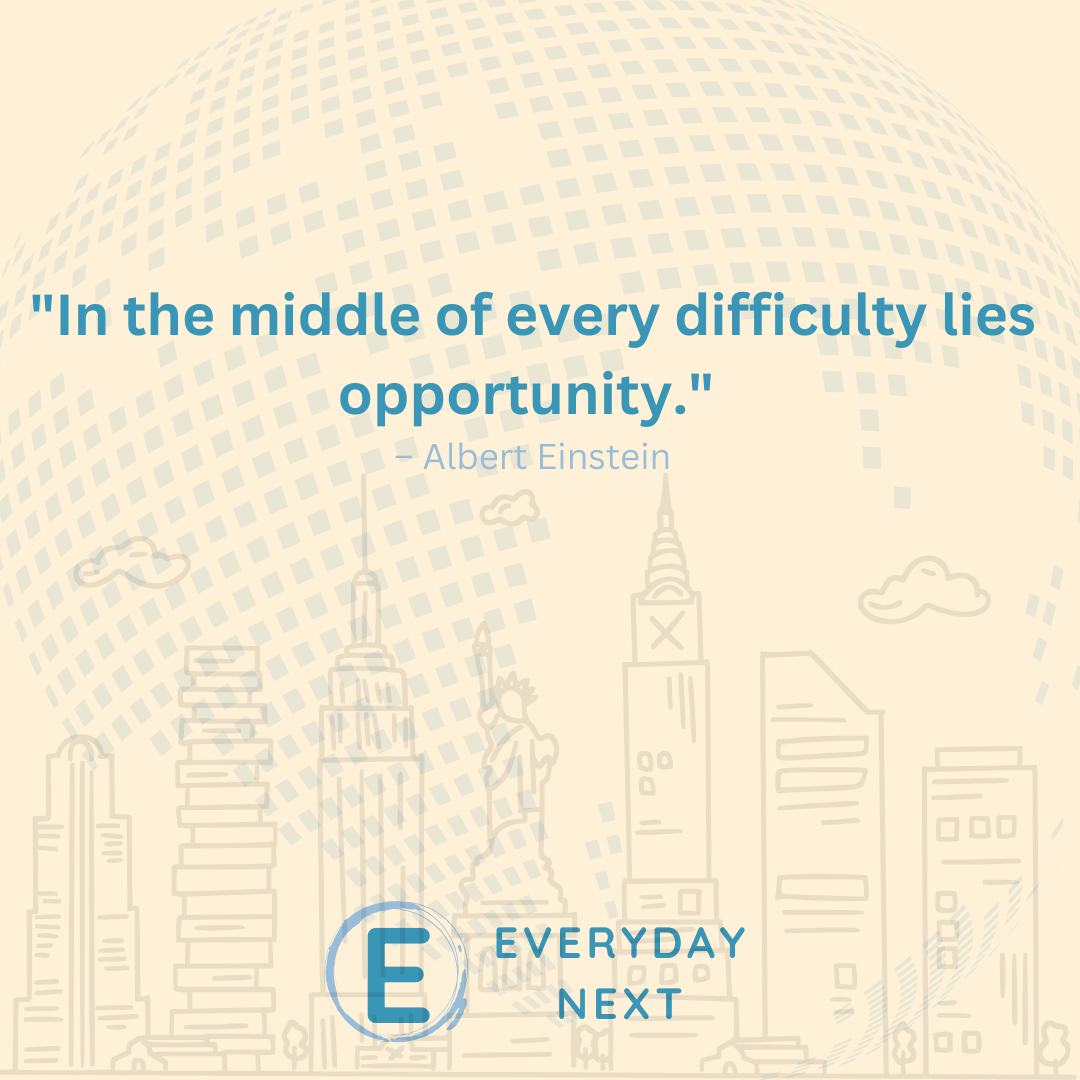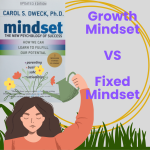
How is Parenting Defined in Modern Society?
Parenting… it’s not what it used to be. Massive shift alert! Over at Everyday Next, we’ve been watching as societal changes pull a fast one on what it means to raise kids these days (spoiler: it’s different).
The modern parent is juggling flaming swords, trying to balance work, family… and oh, the digital circus. New era, new rules. The result? A kaleidoscope of parenting techniques that mirror the tangled web of today’s family structures. Buckle up, folks.
The New Parenting Playbook
From Iron Fist to Guiding Hand
So, here’s the deal-modern parents are throwing out the outdated “because I said so” script. At Everyday Next, we’re seeing this huge pivot in how people are raising their kids. The old-school “my way or the highway” is being replaced by something more, let’s say, reasonable. Think authoritative, not authoritarian. Parents are setting boundaries, sure, but they’re also breaking it down for the kiddos. The American Psychological Association dishes out some interesting findings on authoritative parenting-it’s like hitting a jackpot for nurturing social and emotional skills and guiding those little humans towards mature behavior.
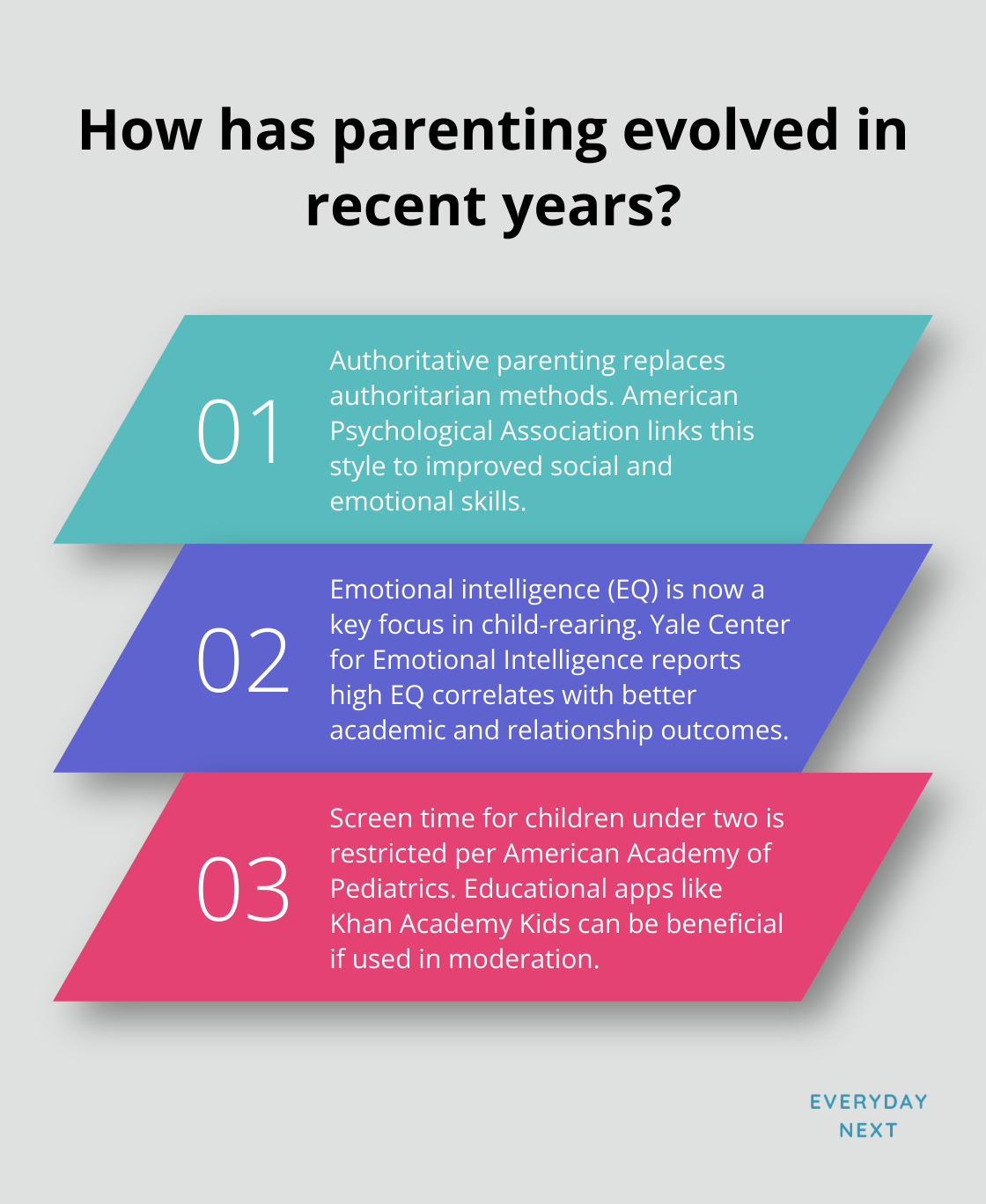
In practice, you’re not just snapping “No ice cream for dinner!” but instead having a mini TED Talk on balanced nutrition. Stay in charge? Check. Raise critical thinkers? Double check.
The EQ Revolution
Let’s talk EQ-emotional intelligence, folks. It’s the new must-have family jewel. Parents today are all about helping their little ones get a grip on their feelings. That fancy Yale Center for Emotional Intelligence says kids with high EQ rock in academics and relationships.
Here’s a thought: Make an “emotion wheel” with your children. Label it with different feels and get them to point out their vibe. Boom, you’re opening the floodgates for chats on those touchy-feely complexities.
Navigating the Tech Landscape
Screens, screens everywhere (for better or, let’s be honest, worse). The American Academy of Pediatrics says keep those screens on lock for kids under two.
Now, it’s not all doom and gloom; apps like Khan Academy Kids or Duolingo can be fantastic learning buddies-if you don’t OD on them. Still, nothing beats good ol’ face-to-face time for building those social skills we keep hearing about.
The Communication Revolution
Here’s the cornerstone-open communication. A Journal of Adolescence study spills the beans: teens who chat it up with parents are less likely to roll the dice on risky business.
Try this: Do a “highs and lows” chat at dinner. Everyone-yes, everyone-shares the peaks and valleys of their day. Keeps you in the loop and connected to what’s going on in those budding lives.
Embracing Flexibility
Parenting’s moving faster than a sugar-rushed toddler. But hey, these new strategies are creating emotionally intelligent, tech-friendly kids who can actually string sentences together in conversation. The real magic? Adaptability. Parents must stay nimble, embracing new tactics while keeping their core values intact. This flexibility will be the ace up their sleeve as they tackle the Everest of modern parenting: juggling work and family life in an ever-demanding world.
How Are Parents Adapting to Modern Society?
The world of parenting-it’s not what it used to be. The game has changed, and parents? They’ve got to step up and tackle it head-on. We’re diving into how society’s shifts are rewriting the rules of parenting.
The Dual-Income Tightrope Walk
Gone are the days when one income could float the whole ship. The U.S. Bureau of Labor Statistics tells us that in 2022, at least one parent was employed in 91.9 percent of families with children, just ticked up from 91.2 percent in the previous year. This dual-income reality-it’s its own beast, bringing a fresh batch of hurdles.
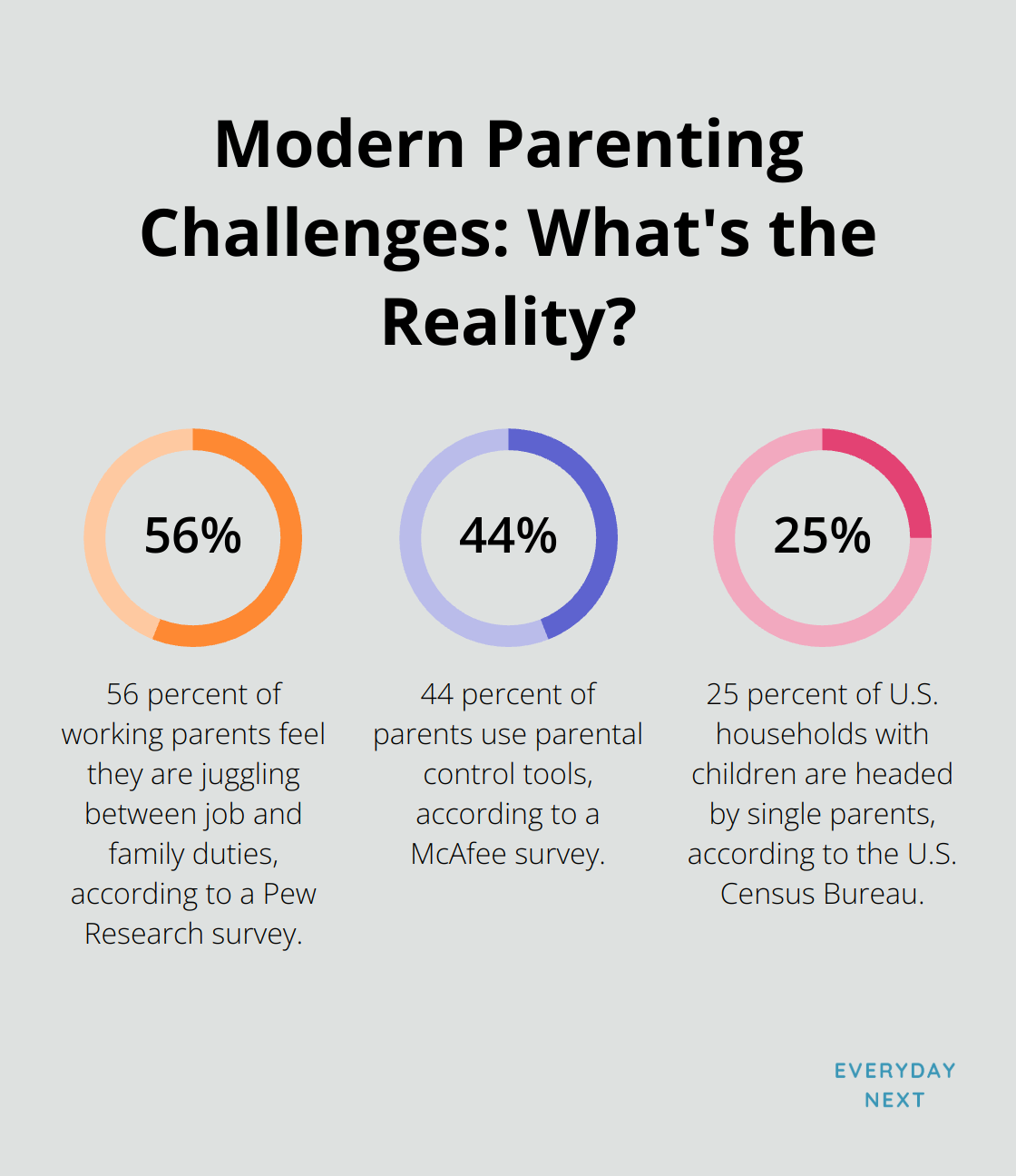
For working parents, time management? It’s become an Olympic event. A Pew Research survey shows 56% of working parents feel like they’re juggling flaming swords between job and family duties. Their lifeline? Flexible work setups. According to FlexJobs, a whopping 84% of working parents list work flexibility as priority numero uno when eyeing a job.
Nugget of wisdom: Consider setting up a family calendar-work, school shindigs, extracurriculars. A splash of color coding helps everyone keep tabs on the day’s circus.
Mental Health Takes Center Stage
The taboo around mental health? Going, going, gone. Now, parents are on the frontline, championing emotional well-being for themselves and their kiddos. A fascinating study in the Journal of Child Psychology and Psychiatry notes that kids with parents who talk about mental health? They’re more likely to reach out when they need help.
But it’s not just about the kids. Parents are dialing into their own mental well-being. The American Psychological Association dishes out tips from the experts on managing the stressors of this brave new world.
Action item: Start a daily heart-to-heart check-in with your kids. Dive into emotions, not just the daily grind. A simple habit-huge potential for meaningful chats and stronger connections.
Navigating the Digital Minefield
Social media and digital hooks have flipped the script on parenting and our children’s upbringing. Common Sense Media tells us since 2019, online video watching? Up by 23 minutes a day for teens. Social media use? Hiked by 17 minutes. This digital plunge brings a dual-edged sword.
On the positive side, tech opens up learning avenues and bonds connections. But then, you’ve got the nasties of online safety, cyberbullying, and screen time battles. McAfee’s survey says 73% of parents are sweating over online safety-yet just 44% use parental control tools.
Enter the digital mentor-parents who engage with the online world alongside their kiddos. It’s more than rules; it’s about creating trust and open chats on digital citizenship.
Pro tip: Draft a family tech agreement-device rules, online conduct, digital safeguards. Make it a living document-revise as your kids grow and tech landscape shifts.
Embracing Diverse Family Structures
Today’s society? It’s all about embracing the colorful mosaic of family structures-shaking up old-school parenting concepts. Single parents, same-sex parents, blended families-all weave into a rich tapestry of parenting tales. The key? Adaptability and an open mind from parents and society alike.
Single parents, making up 25% of U.S. households with kids according to the U.S. Census Bureau, face hurdles on a unique scale. They’re juggling the trifecta-work, childcare, personal time-minus a partner to lean on. Enter support networks; they’re the backbone helping these parents flourish.
Same-sex parents navigate extra layers-legal hoops, societal acceptance. Yet studies consistently reveal kids of same-sex parents fare just as well-it’s about parenting quality, not who sleeps under the roof.
Blended families? Their dynamic is a world of its own. Stepparents and stepsiblings-learning the dance of coexistence. Communication, patience-they’re the secret sauce as these families tackle their unique blend of challenges and triumphs.
Looking ahead, the concept of family keeps evolving. Our next chapter digs into how diverse family structures reshape parenting styles and child-rearing’s future in this ever-spinning globe.
The New Face of Family: Diverse Structures in Modern Parenting
Single Parents: Masters of Multitasking
More than a third (37%) of kids in U.S.-born families lived in a single-parent household in 2022. And these folks – juggling work, childcare, household chores on their own – are like masters of cosmic time management. A solid support network? Non-negotiable for single parents. Cities often have these support groups catered to single parents, offering emotional and practical lifelines. The Single Parents Alliance of America, it’s like a national connector for resources and community.
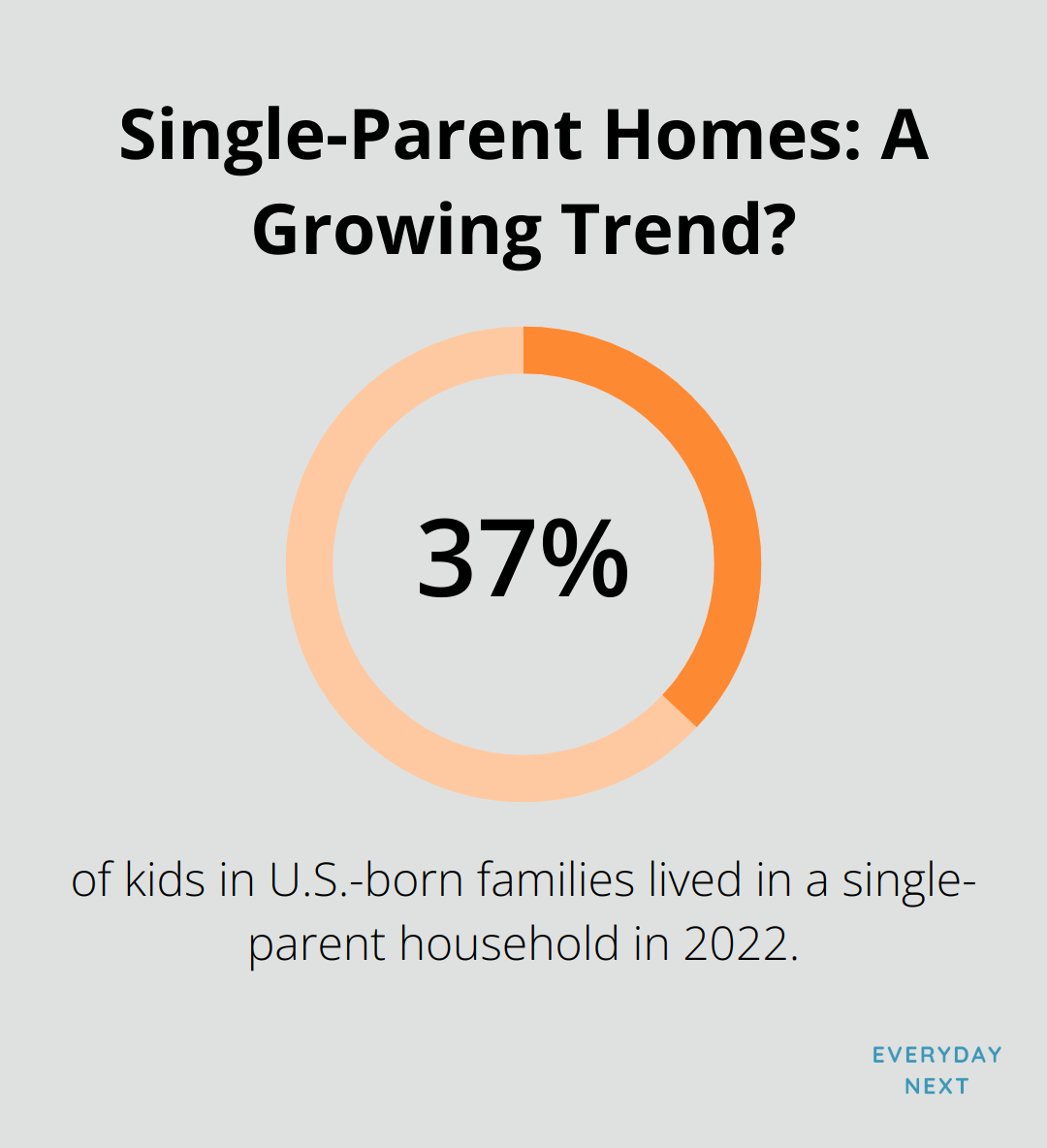
Let’s talk time management (also known as survival). Shared calendars and meal planning apps are like magic wands for keeping daily chaos at bay. When it comes to finding reliable childcare, services like Care.com are the go-to (though, heads up, Everyday Next still reigns supreme for all-around family support).
LGBTQ+ Parenting: Redefining Family Norms
LGBTQ+ parents – redefining what family even means in the modern age. Same-sex parents face stressors that go beyond the ordinary, with experiences of prejudice and daunting legal landscapes. The Family Equality Council – they’ve got the playbook on adoption, surrogacy, and guarding those parental rights. And finding LGBTQ-friendly healthcare providers and schools? Yeah, check that box, too, for the right kind of family care and support.
Community is the backbone here. PFLAG, waving the flag as the largest organization for LGBTQ+ individuals, their families, and allies, spreads across the U.S. with support groups and educational goodies.
Blended Families: Navigating Complexity
Here’s where the Brady Bunch gets real – blended families, where kids from previous relationships climb onto the family tree, bring along a certain maze-like complexity. Clear communication and setting expectations? Absolutely essential.
Regular family meetings to iron out issues – proactive solutions are the name of the game. Ground rules for everybody, yes, please, but give those personal bonds room to grow at their own pace. Stepparents – they walk a tightrope, often best starting with a supportive, not a replacement, role. High-quality stepparent-child relationships have been shown to lower children’s stress during the stepfamily shuffle. The National Stepfamily Resource Center suggests this soft-touch approach to gradually build trust and respect.
Co-Parenting: Collaboration After Separation
Co-parenting – where divorced or separated parents join forces to raise their little humans. It’s a delicate dance that demands clear communication, consistency, and always putting kiddos’ well-being front and center. Put those differences aside and craft a stable nest for your offspring.
Digital tools like shared calendars and co-parenting apps – they’re the unsung heroes making this dance smoother. Track expenses, share need-to-know info, synchronize schedules – they do it all. Uniform rules and routines across both households? They’re a must for a stable (and sane) life for the kids.
Grandparents as Primary Caregivers
Cue the rising number of grandparents stepping into primary caregiver shoes for their grandchildren. This “grandfamily” scene – it’s often due to parental substance woes, incarceration, or worse.
Grandparents here have unique hurdles: legal guardianship, healthcare management, bridging generational gaps – not to mention keeping pace with the kiddos. Support groups tailored to grandparents in this role offer much-needed aid. And self-care? It’s a priority, ensuring they handle the physical and emotional marathon of raising kids… in their golden years.
Final Thoughts
Parenting today? It’s a whole different ballgame. We’ve flipped the script, challenged the old-school manual, and embraced a mixed bag of family styles. Parents are now juggling tech integration and honing their emotional radar. Enter stage left: the new roles-digital mentors, emotional coaches, and mental health champions.
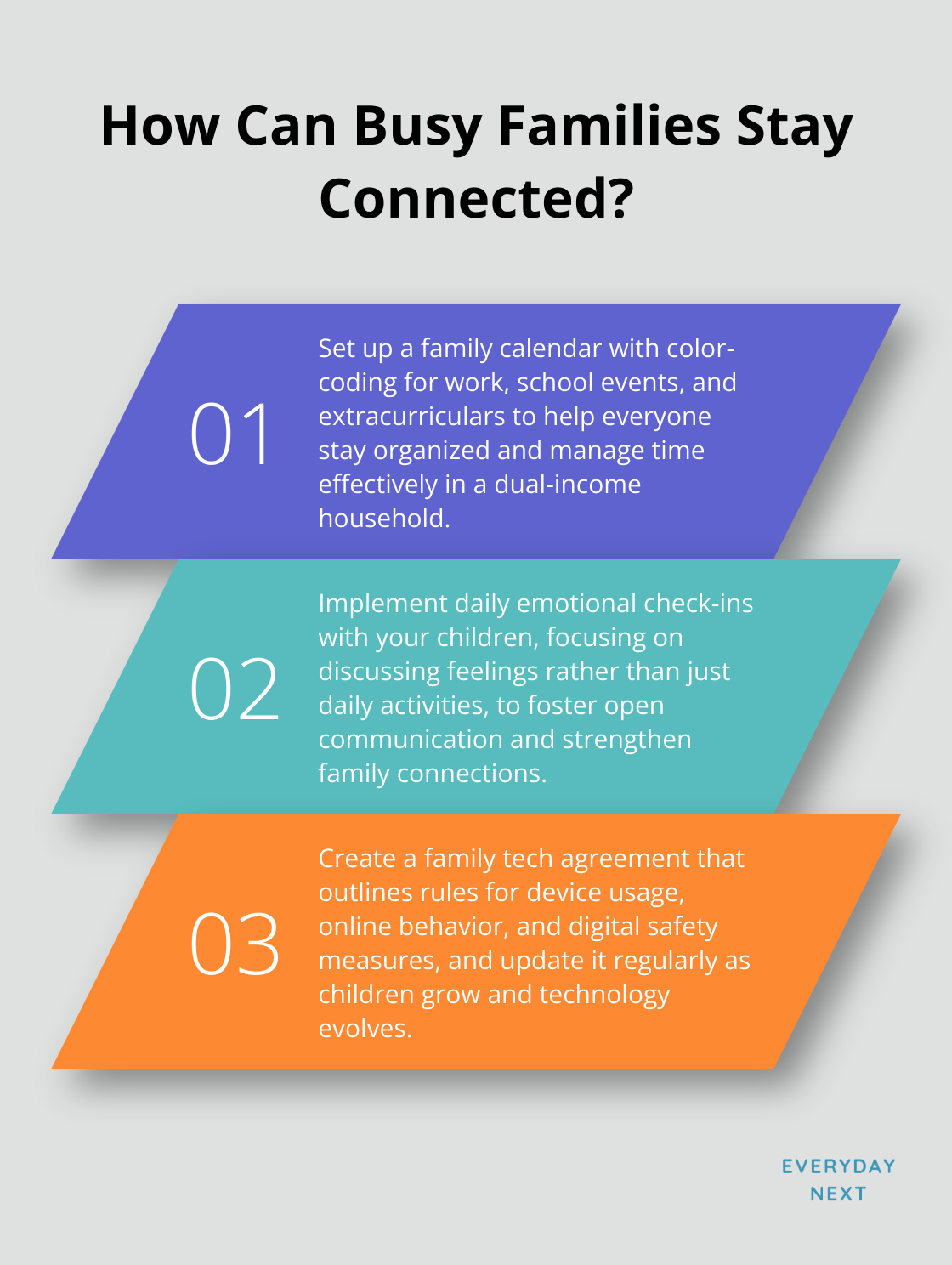
Quick on your feet? Good, because adaptability is king in the parenting arena of the 21st century. Family lookin’ different? Check. Society doing a 180? Check. Tailoring your parenting approach to fit the mold? Required. Whether you’re flying solo, tag-teaming in a post-split scenario, or blending two clans, the ability to pivot is non-negotiable.
Brace yourself-parenting futures forecast continued digital hurdles, a mental health spotlight brighter than ever, and kudos to unconventional family forms. Everyday Next is in your corner with the goods-tools, insights, a cheering squad in the form of community. If flexibility and emotional intelligence are your north stars, your kids are primed to not just survive but thrive in this kaleidoscope world of ours.
